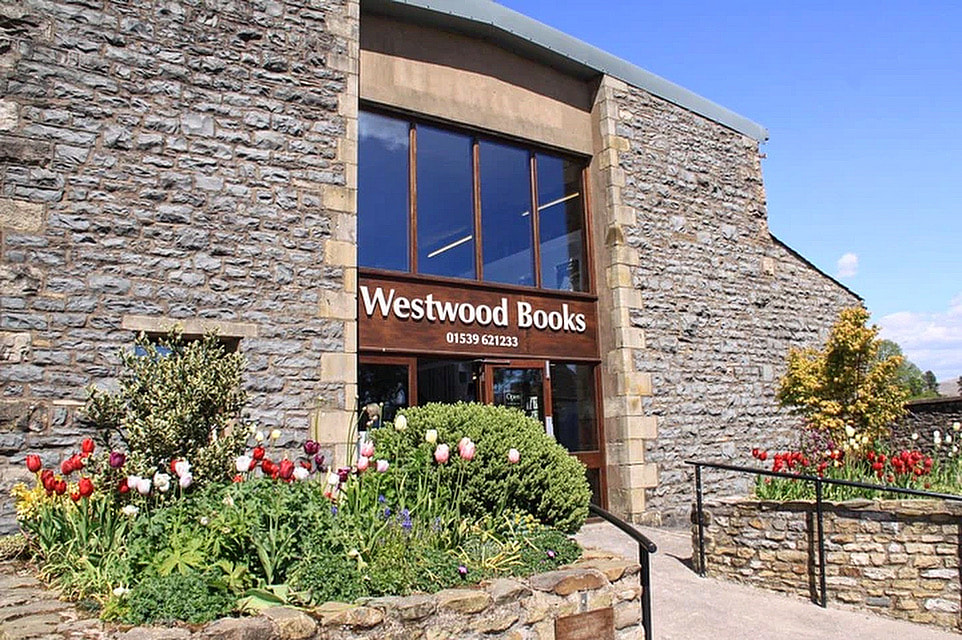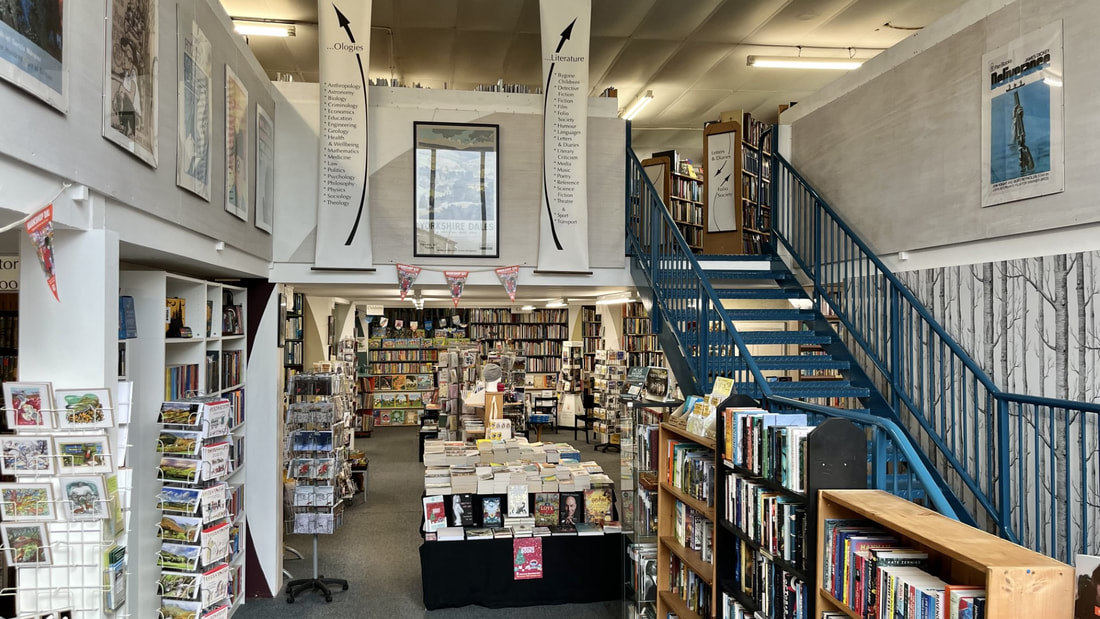heather thomaswestwood books, sedberghFor this week’s Bookshop Spotlight we caught up with family-run indie Westwood Books located in the small market town of Sedbergh, Cumbria, England's Official Book Town.
Co-owner Heather Thomas talked us through the shop’s unique history and how they, alongside husband and fellow bookseller-in-arms Paul, found their way into the mad plate-spinning world of bookselling. |
I found it fascinating just from the cultural differences and I think it’s a really lovely book... it sounded like something we should all be aspiring to as a way of life. I think it’s a brilliant read... I’ll definitely be shouting about that one.




